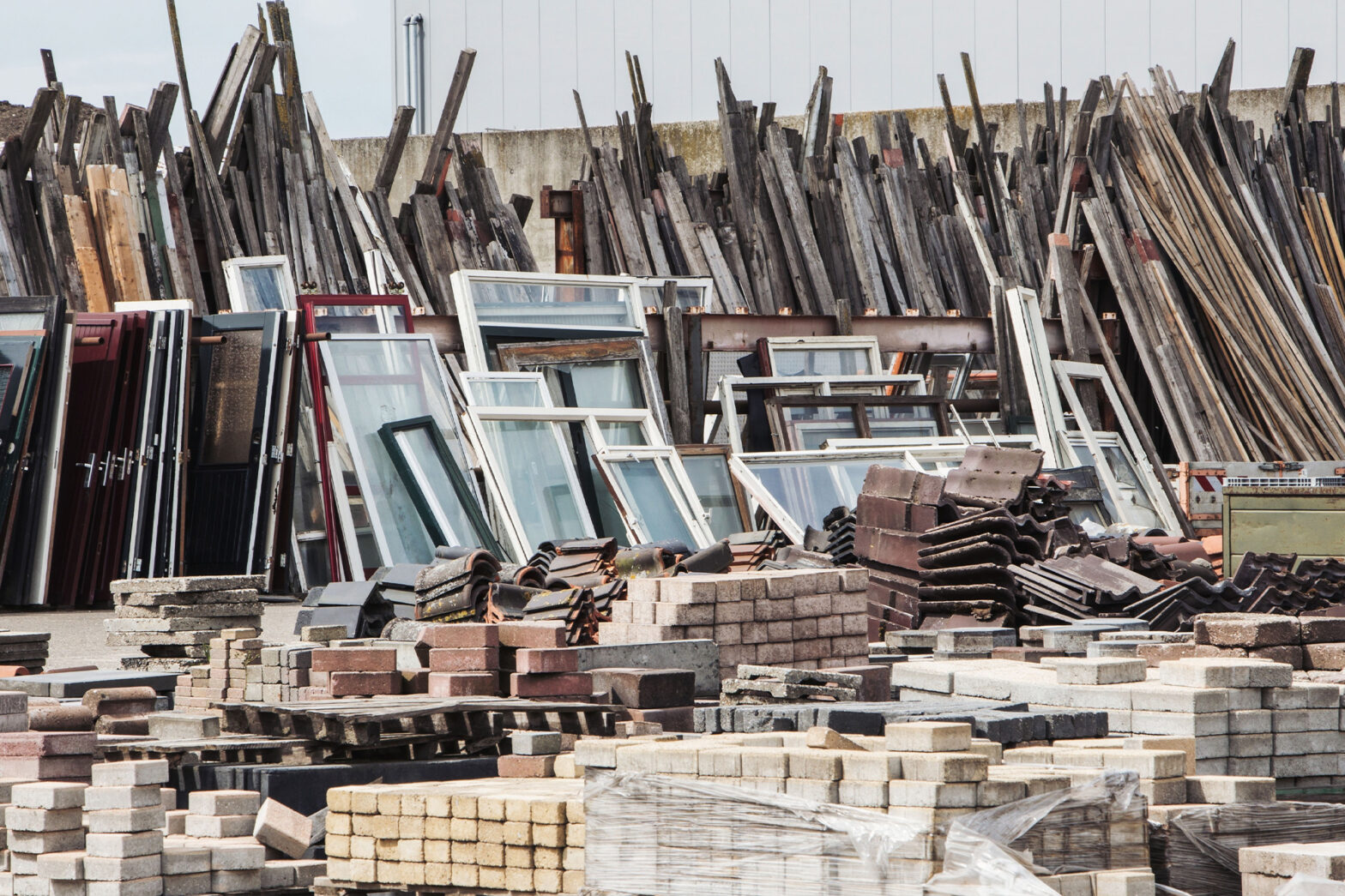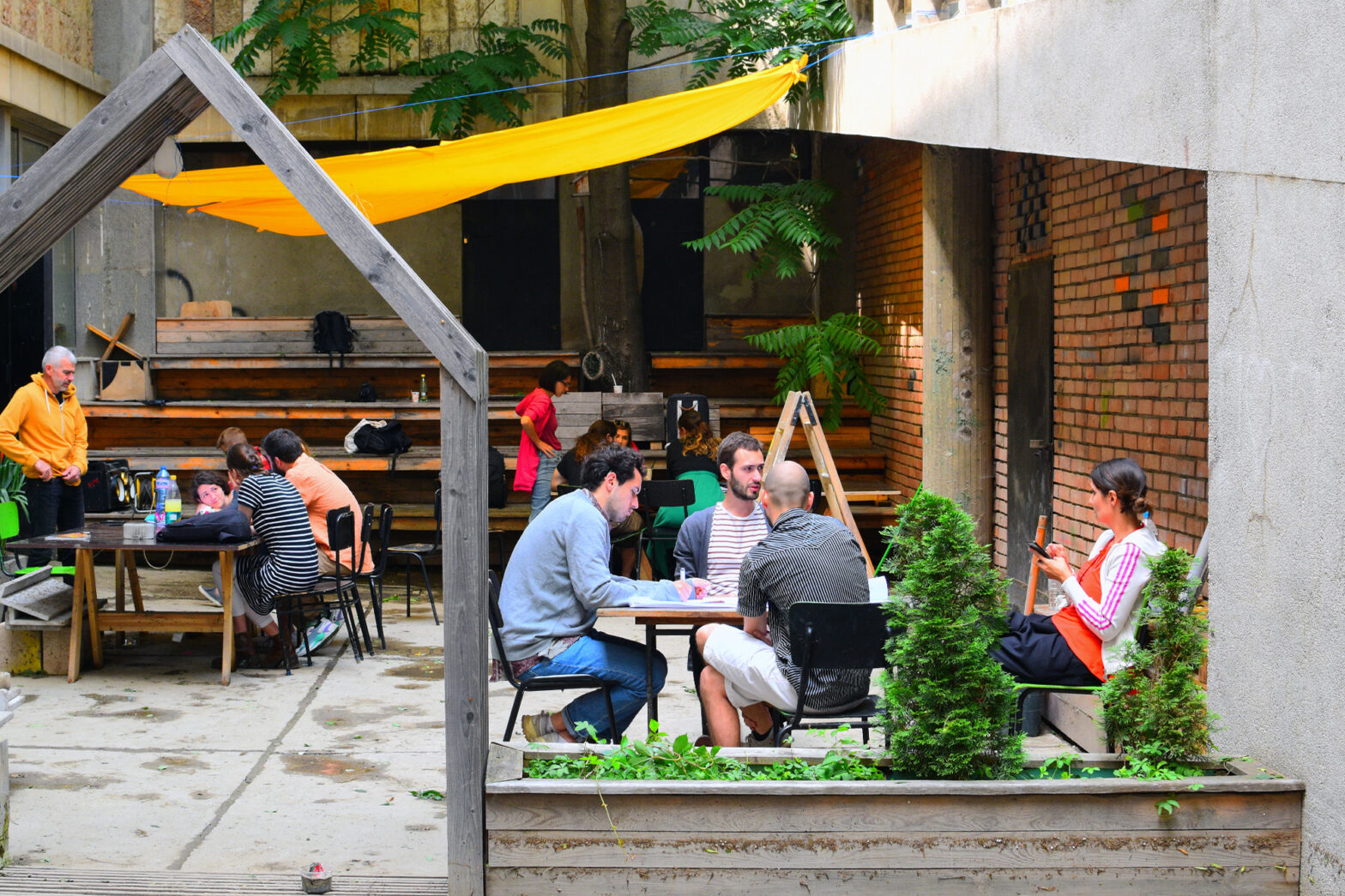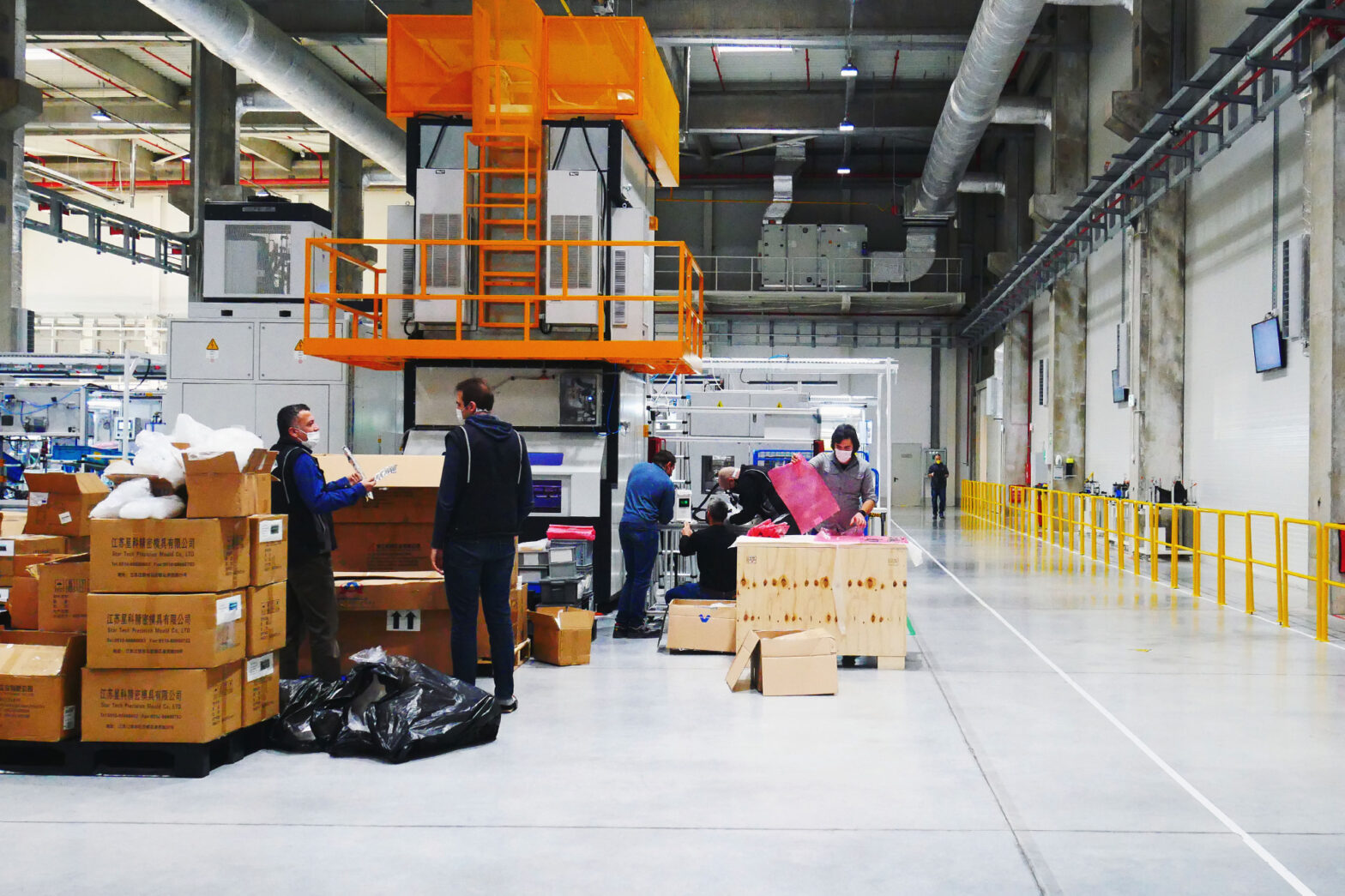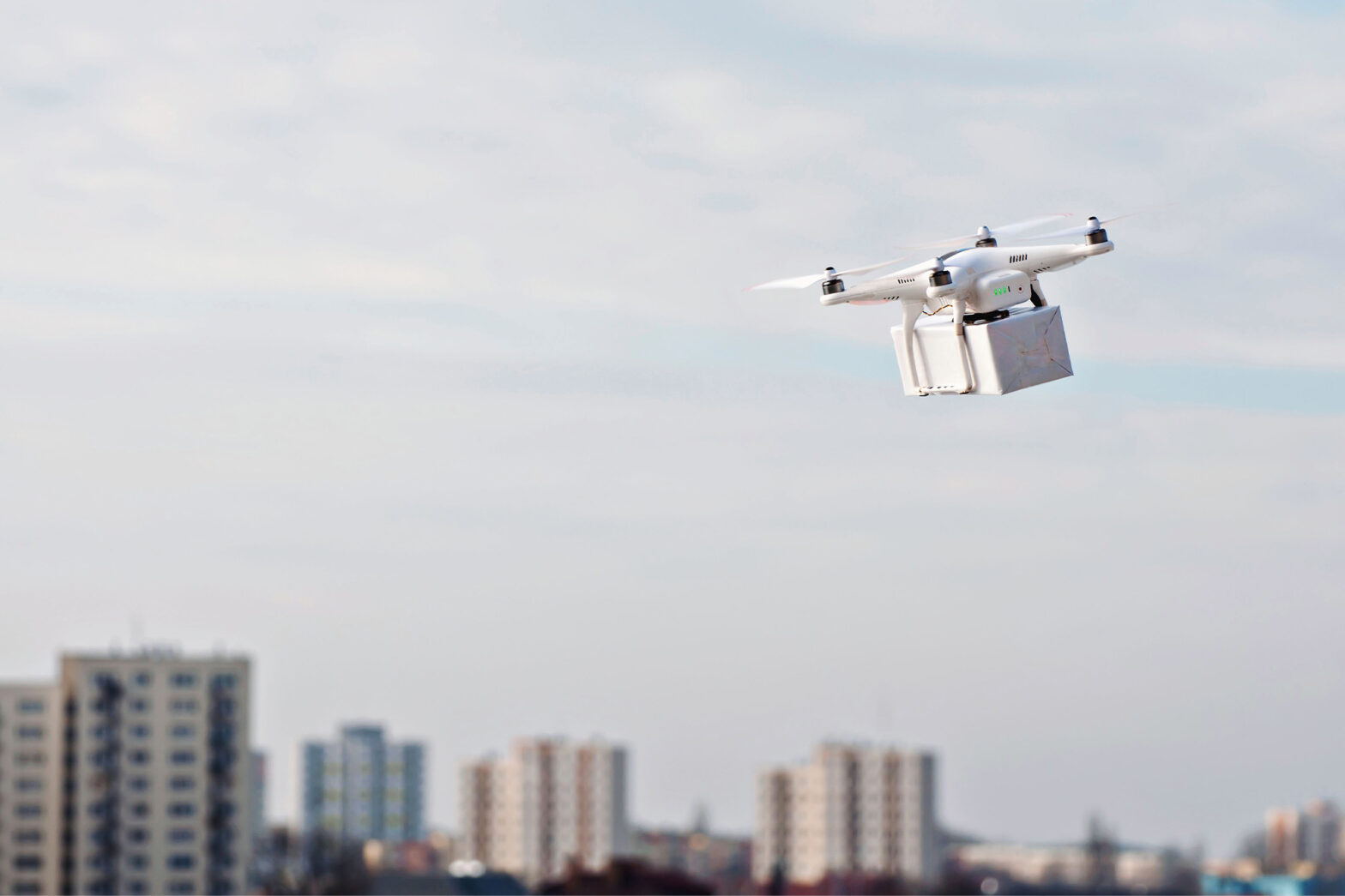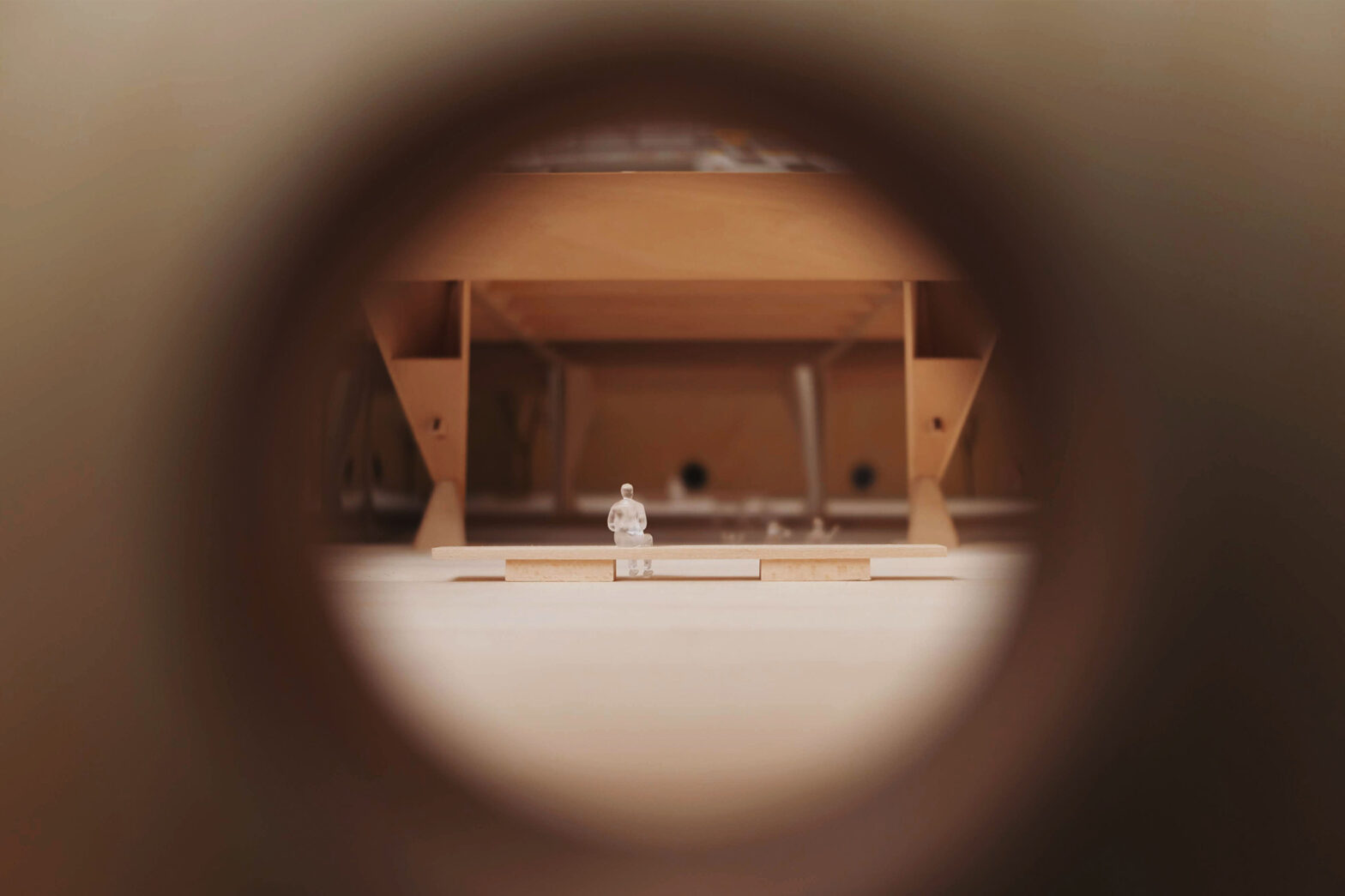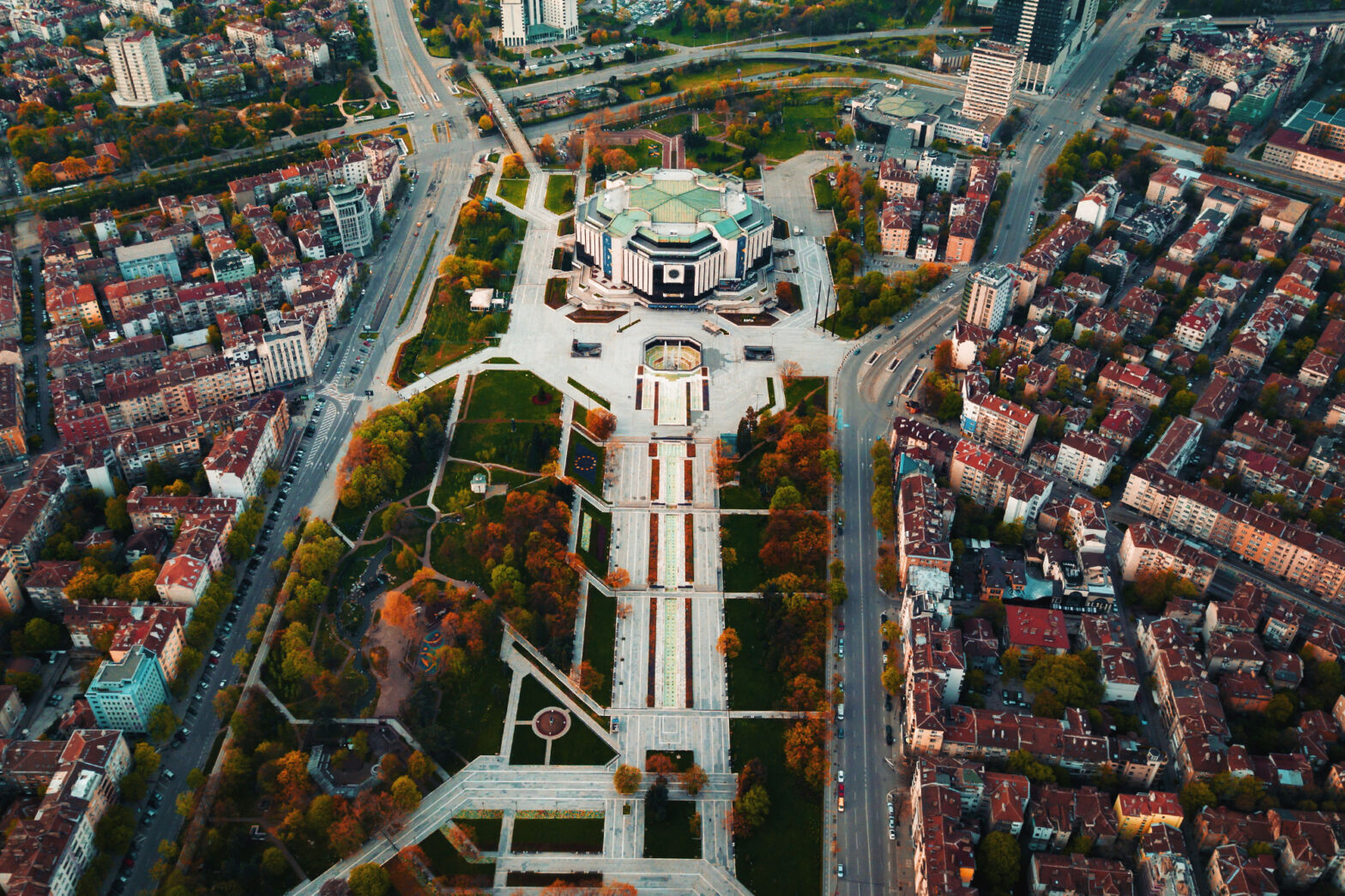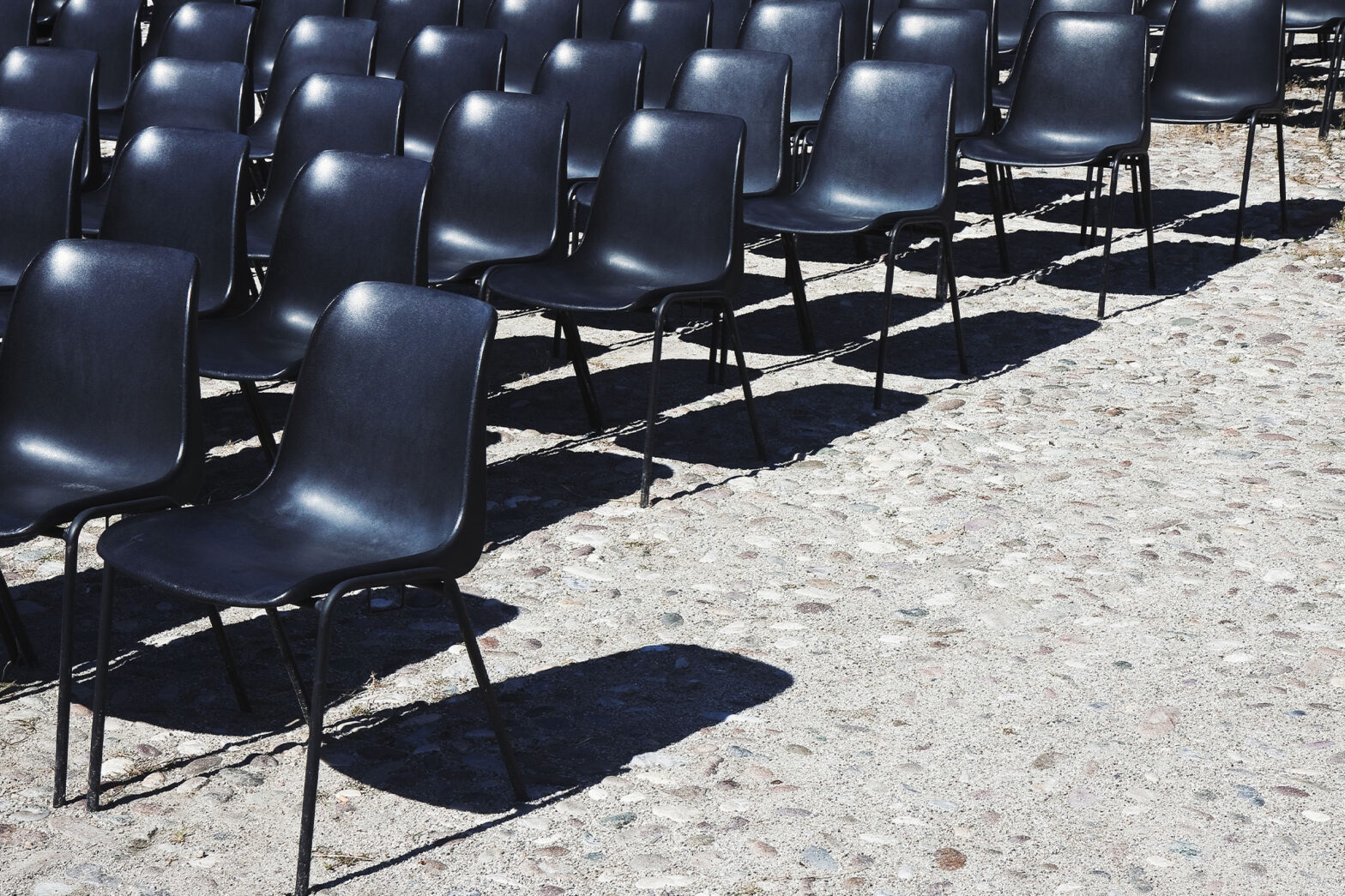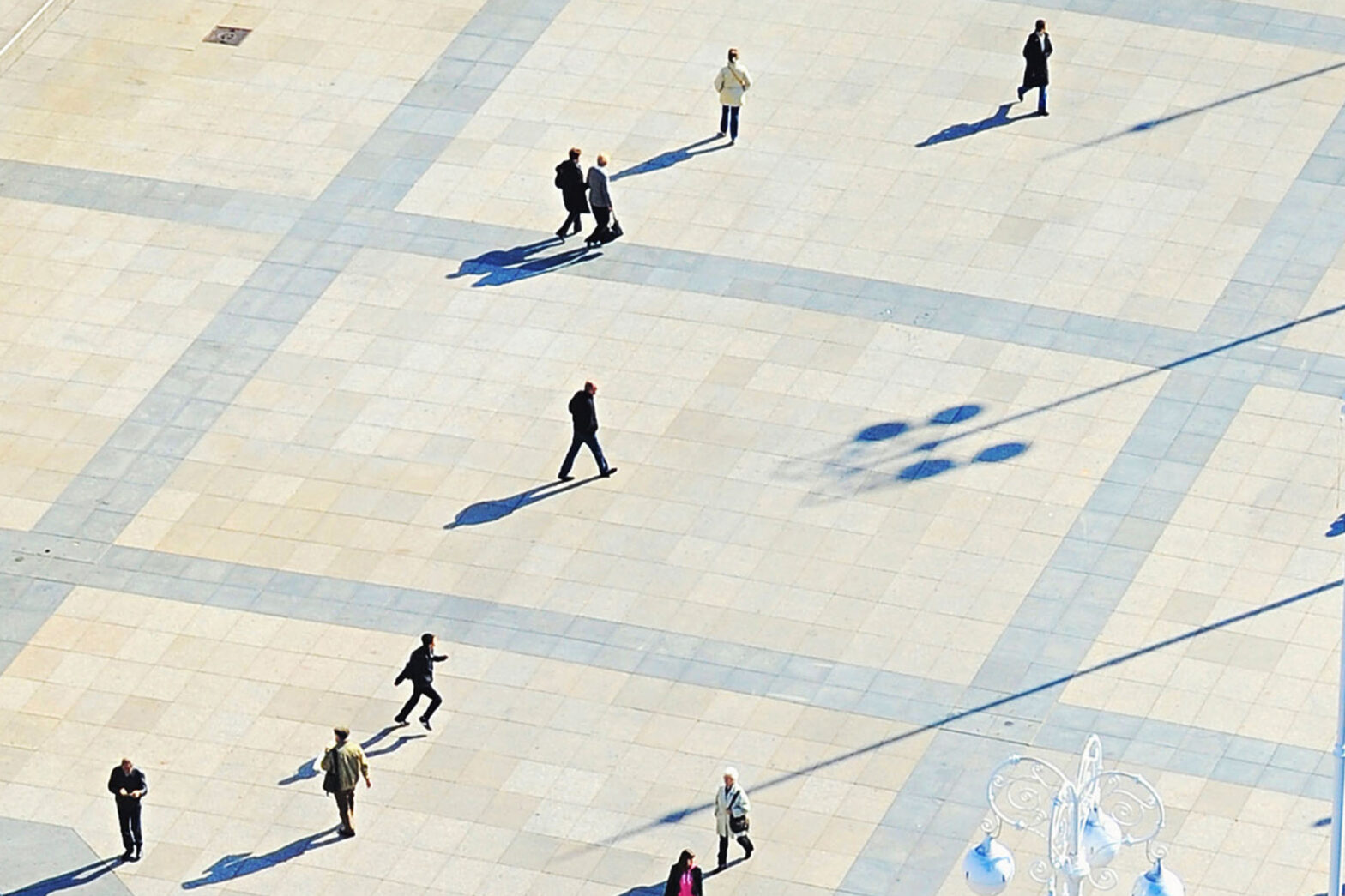As a catalyst for rethinking the way we live, COVID-19 has made the topic of sustainability more important than ever, especially in the context of the parallel climate emergency.
Category: Talks
We use different formats and methods to start a discussion. Our discussions are an open and inclusive platform to analyze the world we live in, our surroundings, problems, hopes, and ideas.
Education
From full classrooms to full ZOOM-rooms over a night. This is how abrupt a transition it was for education in the rise of COVID-19.
Workspaces
In the spring of 2020, the COVID-19 pandemic closed offices and moved the workspace into the home. A year later, this process seems irreversible, and the change affects not only the work culture, but also the appearance of our cities in the future.
Mobility
Музеите сякаш винаги са отговаряли на предпазните мерки на пандемията — те са чисти и просторни, вътре не докосваме нищо и никого, не говорим високо. Това обаче не ги спаси от кризата и нуждата от промяна.
Museums
Museums seem to have always met the pandemic’s precautions — they are clean and spacious, we don’t touch anything or anyone inside, we don’t speak loudly. However, this did not save them from the crisis and the need for change.
Cities
Urban planning works with a perspective of 30 years ahead. Like no virus so far, however, COVID-19 has suddenly stopped the lives of cities and posed a big question to their planning — how to become more flexible to respond to the problems we are facing today?
Events
Масовите културни събития понесоха най-тежкия удар на 2020. Фестивалите трябваше някак да пренесат споделено преживяване на живо в дигиталния свят – някои опитаха и намериха в кризата възможност, за други преходът беше невъзможен.
Public Spaces
The shared open spaces in our cities are meant to attract and gather people together, but the pandemic left them empty and abandoned and even turned them into a threat.
